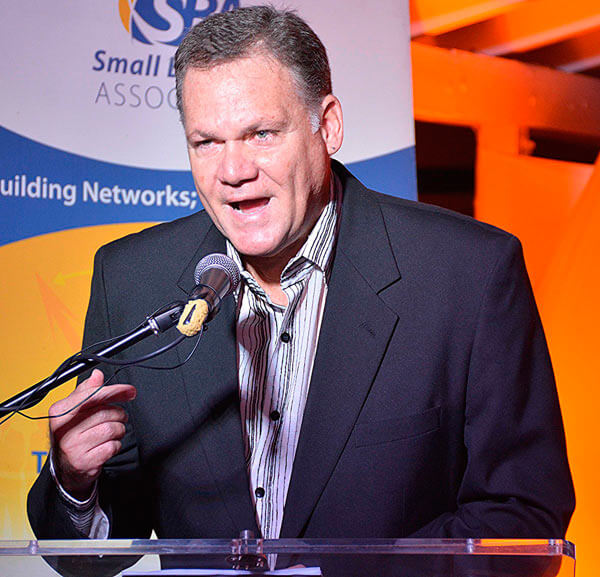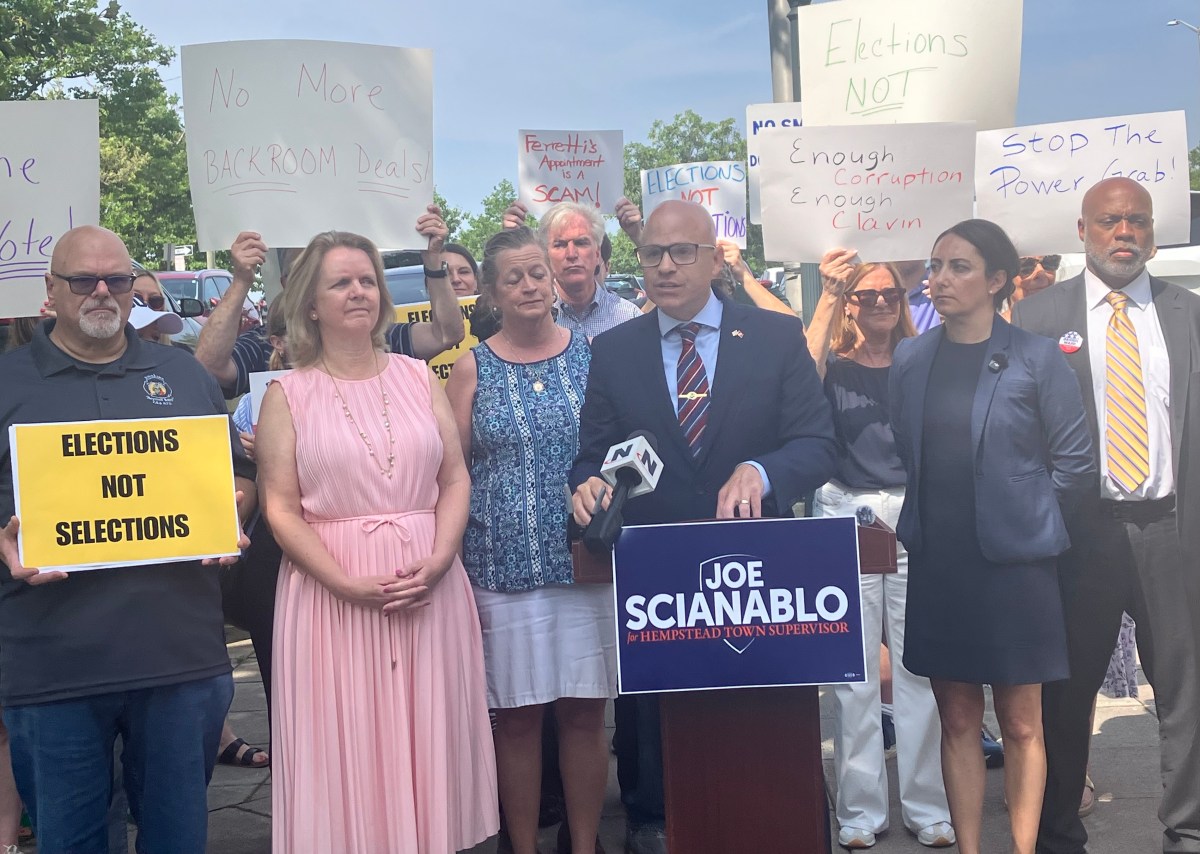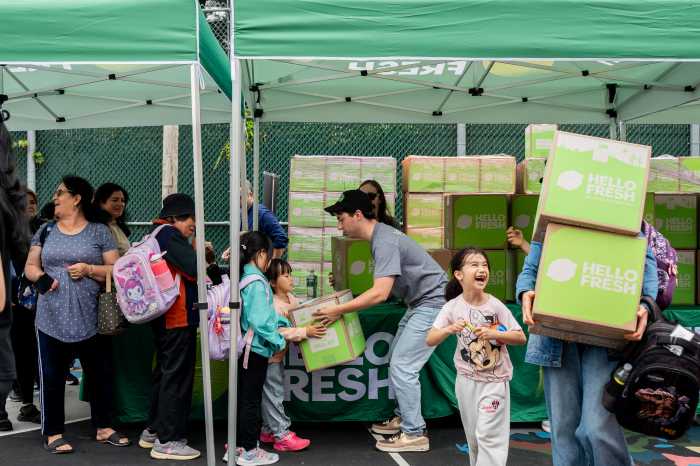While Barbados business owners mull over passing on a fresh tax burden to customers by raising prices or to retrench staff and lower overhead costs, government has been bragging about the large haul from the new levy.
Finance Minister Chris Sinckler this week reported to Parliament that for the first three months of the National Social Responsibility Levy (NSRL) at 10 percent, government hauled in $50 million (Bds$1 = 50 cents US) and officials are still counting receipts for the period.
NSRL was introduced in 2016 at two percent on imports into the island with some exemptions, but in its 2017 Budget government jacked up the Levy by 400 per cent taking it to 10 percent as of July 01.
When the spike in the tax was announced, Sinckler had projected it would get the government $186 million in additional revenue per year, but he confidently bragged this week that at its current rate of intake the Levy would give government a bonanza beyond expectations at the end of the financial year.
“The figure so far is just short of $50 million, which if you were to multiply it by the four quarters, would give you just around $200 million [for the year],” Sinckler said and went on to explain that the first three months haul is set to be larger when revenue from Value Added Tax is put on.
“That is only on the NSRL component. There is a VAT component to the NSRL. That’s how it is calculated, because NSRL goes on the import, Customs, value and then you apply the VAT after,” he explained.
When government announced the massive increase in this tax in May, trade unions and private sector organizations expressed a fear of massive inflation because almost everything on this island, which is over 70 percent import-dependent, will be subject to the tax.
The unions led two marches of protest, with the second on seeing over 20,000 Barbadians walking through the streets of Bridgetown demanding a repeal of the tax, a reduction or introduction of some ‘coping subsidy’ to help workers endure the expected steep price increases.
Government did not budge from its position, and just a few days before Sinckler’s announcement of the $50 million first quarter bonanza, President of the Barbados Small Business Association Dean Straker called the levy ‘demoralizing’ and said, it is “destabilizing several firms.”
He said that the jacked-up tax combined with a foreign exchange fee of two percent charged on any transactions involving the use of foreign currency have business owners in a quandary.
“Our secretariat has been receiving updates from our members on the increased costs to their operations because of the NSRL and the Foreign Exchange tax, and the challenge of either passing on this cost to the consumer or reducing staff to keep doors open,” Straker said.
He described imposition of the 400 percent increase in the NSRL and the foreign exchange fees as “a greater tax grab by government to support its operations” in the face of an economy struggling with little or no growth for many years.
But the business leader warned, “our economic performance over the past decade confirms that our model of business development needs to be revisited.
“You cannot tax your way out of a fiscal problem.”
Since the protest marches in July and a subsequent meeting with government that essentially yielded no concessions from the authorities the trades unions and private sector representatives have been complaining that their show of dissent went ignored.
Now in the face of this large government tax haul there is a wait-and-see mode as to whether the private sector will offload its tax burden on shoppers, and if trades unions will take further action to protect workers the ultimate consumers.


























